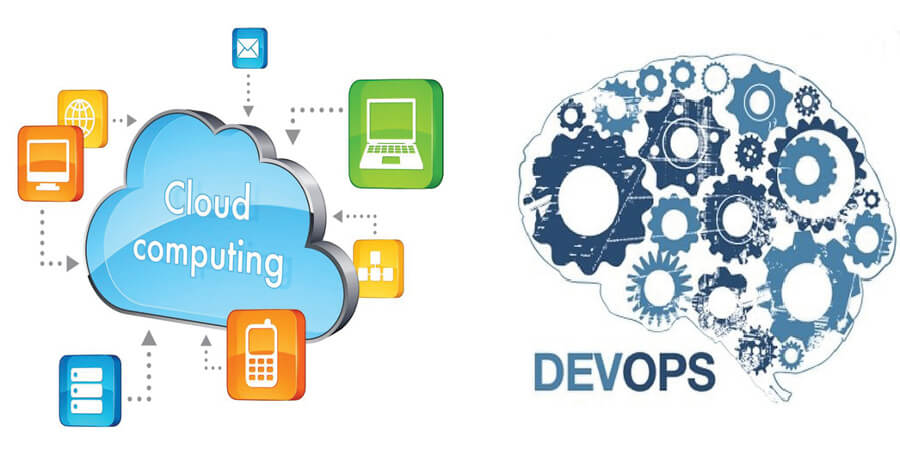The Impact of Separating DevOps from a Cloud Computing Environment
DevOps and cloud computing have become inseparable components of modern software development and IT operations. They complement each other, with DevOps practices leveraging the scalability, flexibility, and automation capabilities provided by cloud platforms. However, there are instances where organizations might consider separating DevOps from the cloud computing environment. In this article, we explore the potential consequences and challenges that arise when DevOps is separated from a cloud computing environment.
-
Limited Scalability and Elasticity: One of the key advantages of cloud computing is its ability to scale resources on demand. When DevOps is separated from the cloud, organizations lose access to the dynamic scalability and elasticity that cloud platforms offer. Scaling infrastructure resources becomes a manual and time-consuming process, limiting the ability to respond quickly to changing workload requirements. This can result in underutilized resources or performance bottlenecks during peak periods.
-
Increased Infrastructure Management Complexity: Cloud computing environments provide built-in tools and services that simplify infrastructure management. By separating DevOps from the cloud, organizations are responsible for managing the underlying infrastructure themselves. This includes provisioning servers, managing networking configurations, and ensuring high availability. The additional complexity of infrastructure management can divert resources and time away from focusing on core development and operational tasks.
-
Reduced Automation and Efficiency: DevOps heavily relies on automation to streamline processes and improve efficiency. Cloud platforms offer robust automation capabilities through features like Infrastructure as Code (IaC) and serverless computing. When DevOps is separated from the cloud, organizations lose access to these automation features and must rely on manual processes, leading to slower deployments, increased human error, and reduced overall efficiency.
-
Limited Collaboration and Communication: Cloud computing environments provide a shared platform for collaboration and communication among development, operations, and other stakeholders. By separating DevOps from the cloud, teams may lose the ability to easily share resources, track changes, and collaborate in real-time. Communication and coordination become more challenging, potentially resulting in silos, misunderstandings, and delays in delivering software updates.
-
Decreased Flexibility and Agility: Cloud computing offers organizations the flexibility to experiment, innovate, and adapt quickly to changing business needs. When DevOps is separated from the cloud, organizations may face limitations in terms of resource availability and provisioning speed. This reduced flexibility can hinder the ability to quickly respond to market demands, roll out new features, or scale applications efficiently.
-
Increased Infrastructure Costs: Cloud computing platforms offer a pay-as-you-go model, allowing organizations to scale resources based on actual usage and requirements. By separating DevOps from the cloud, organizations may need to invest in on-premises infrastructure or dedicated hosting services, resulting in higher upfront costs and ongoing maintenance expenses. The economies of scale and cost optimization benefits provided by cloud providers may be lost in this scenario.
Conclusion:
While DevOps and cloud computing are closely intertwined, there may be situations where organizations consider separating them. However, doing so comes with several challenges and potential drawbacks. The separation of DevOps from the cloud can lead to limited scalability, increased infrastructure management complexity, reduced automation, and decreased collaboration and flexibility. Additionally, organizations may face higher infrastructure costs and a loss of the efficiency and agility provided by cloud platforms. It is essential for organizations to carefully evaluate their specific requirements and weigh the trade-offs before deciding to separate DevOps from a cloud computing environment.
Read Also:THE TRANSFORMATIVE IMPACT OF DEVOPS IN CLOUD COMPUTING ENVIRONMENTS

